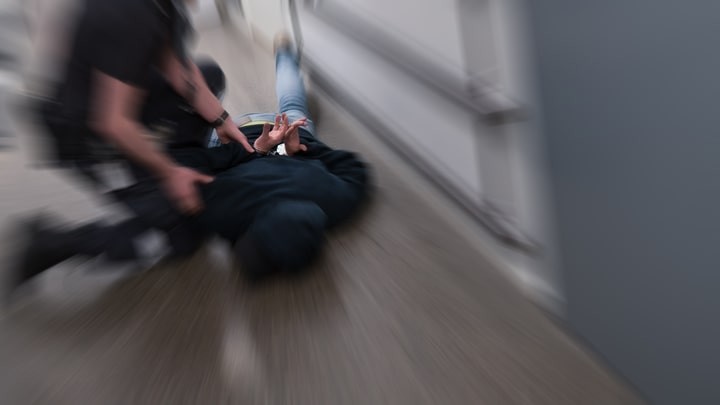- Joined
- Nov 3, 2012
- Messages
- 782
- Reaction score
- 225
- Location
- Buffalo NY
- Gender
- Male
- Political Leaning
- Conservative
In this particular case, I think it's much less about color, and more about her awareness, emotional state and skills required to carry a taser and a handgun.
It also could be a huge training issue regardless of how much experience she has, and the fact she was a field training officer. Being a training officer could actually hurt her civil or criminal case.
I was referring to the basic definition of negligent in my post.
Looking very briefly at criminal negligence and manslaughter charges in Minnesota, I didn't see anything that seemed to fit. That doesn't mean there are no charges that would apply.
I don't think that there was any criminal intent in this situation, but her actions were so egregious that they could rise to the level of a criminal charge. I'll let the attorneys and prosecutors figure that out.
Very unfortunately, she will judged much more harshly because of being a police officer in a particular bad environment in our country.
It also could be a huge training issue regardless of how much experience she has, and the fact she was a field training officer. Being a training officer could actually hurt her civil or criminal case.
I was referring to the basic definition of negligent in my post.
Looking very briefly at criminal negligence and manslaughter charges in Minnesota, I didn't see anything that seemed to fit. That doesn't mean there are no charges that would apply.
I don't think that there was any criminal intent in this situation, but her actions were so egregious that they could rise to the level of a criminal charge. I'll let the attorneys and prosecutors figure that out.
Very unfortunately, she will judged much more harshly because of being a police officer in a particular bad environment in our country.


